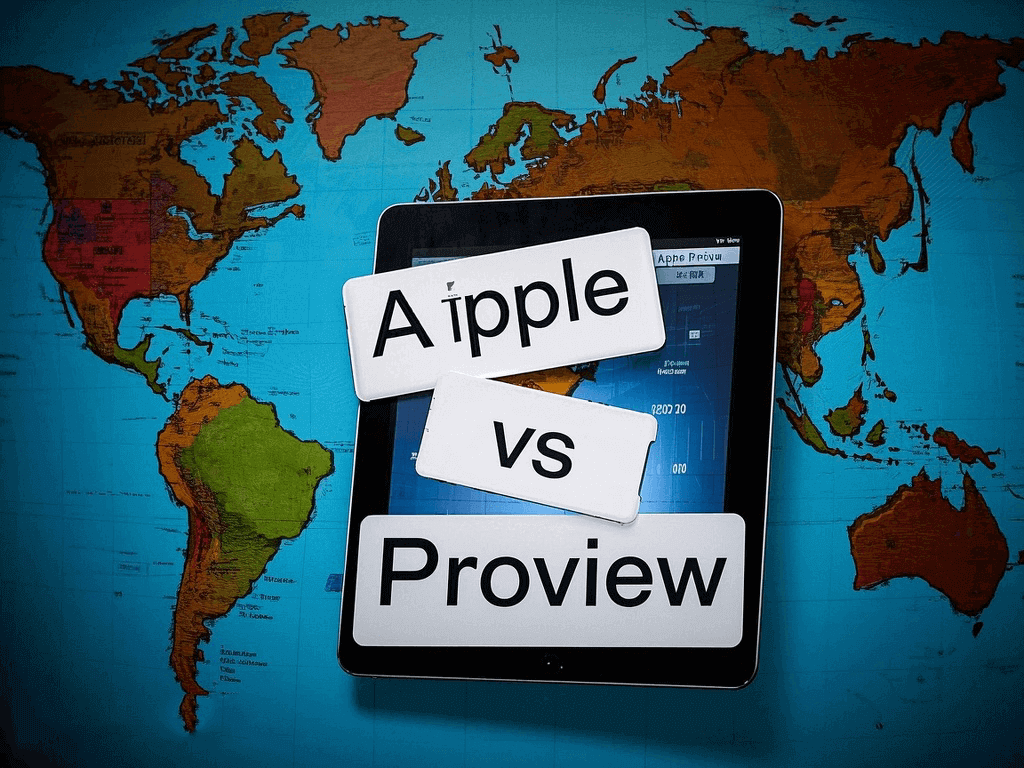The Importance of International Trademark Protection: A Case Study of the Trademark Dispute Between Apple and Proview
 Introduction
Introduction
In today’s globalized business environment, trademarks are not only the core identity of a company's brand but also a key asset in market competition. A successful trademark can enhance consumer trust, increase brand value, and establish a competitive edge in the international market. However, if companies neglect international trademark registration and protection, they may face legal disputes, market entry barriers, and even substantial financial losses. This article analyzes the trademark dispute between Apple and Proview Technology over the iPad trademark, exploring the importance of international trademark protection and providing insights for companies' trademark strategies.
Case Review: The iPad Trademark Dispute Between Apple and Proview
-
Background
In 2000, Proview Electronics (later merged into Shenzhen Proview) registered the “iPad” trademark in many countries and regions worldwide for its flat-panel display products. In 2009, when Apple planned to launch the iPad tablet, it discovered that the “iPad” trademark had already been registered by Proview. -
The Trademark Battle
Apple acquired the “iPad” trademark from Proview's Taiwan subsidiary through a shell company (IP Application Development Ltd.) for £35,000. However, Shenzhen Proview claimed to hold the trademark rights in mainland China and did not participate in the transaction, refusing to recognize Apple’s trademark use rights.
In 2010, after Apple launched the iPad in mainland China, Shenzhen Proview filed a lawsuit accusing Apple of trademark infringement. After two years of legal battles, in 2012, Apple finally reached a settlement with Proview for $60 million (approximately 400 million RMB), allowing Apple to continue using the “iPad” trademark to sell products in the Chinese market.
Case Analysis: Key Lessons from International Trademark Protection
-
Trademark Territoriality: International Registration is Crucial
Trademark rights are strictly territorial, meaning a trademark registered in one country is only protected within that country. Before launching the iPad, Apple did not conduct thorough research on the trademark situation in mainland China, leading to the subsequent legal dispute. Companies must conduct trademark searches and register trademarks in target countries before expanding into international markets to avoid similar risks. -
Trademark Strategy: Global Brands Require Comprehensive Protection
Apple’s case demonstrates that even a global technology giant can pay a high price due to incomplete trademark strategy. Companies should register trademarks early in key and potential markets, especially considering the Madrid System, which helps businesses secure protection in multiple countries through a single application. -
Trademark Acquisition Risks: Ensure Clear Ownership
Apple acquired the trademark through a third-party company but did not negotiate directly with Shenzhen Proview, leading to the trademark rights dispute in mainland China. When acquiring trademarks, companies must verify the completeness of trademark ownership to avoid legal risks due to ownership issues. -
Brand Value and Market Impact
Had Apple failed to reach a settlement with Proview, it could have faced product bans, damaged brand reputation, and other serious consequences. Trademarks are not just legal matters; they are closely tied to a company’s market strategy and consumer trust.
Best Practices for International Trademark Protection
-
Register Early: Complete trademark registration in target countries before entering the market.
-
Comprehensive Search: Conduct trademark searches through professional agencies to avoid infringement risks.
-
Leverage International Systems: Use the Madrid System or the European Union Trademark (EUTM) to reduce registration costs.
-
Monitoring and Enforcement: Regularly monitor the market to prevent others from registering similar trademarks or infringing on your rights.
Conclusion
The trademark dispute between Apple and Proview serves as a warning: international trademark protection is not a minor matter, but a critical part of a company’s global strategy. Neglecting trademark planning can lead to significant compensation claims, market barriers, and even brand crises. Companies should develop proactive trademark strategies to ensure their brand's security and competitiveness in the global market.
In the digital economy era, trademarks are not only legal shields but also powerful tools in the business battlefield. Only by prioritizing trademark protection can companies navigate the international market and thrive in the long run.
Share this page
